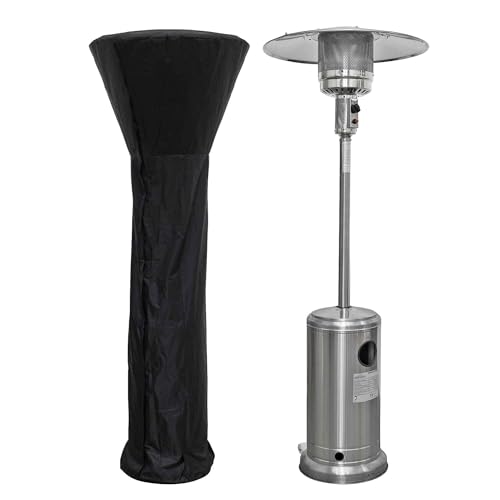The Difference Between a Heater and a Radiator
When it comes to heating our homes, we often use the terms “heater” and “radiator” interchangeably. However, there is a difference between the two, and it’s important to understand what each one does and how it works.
What is a Heater?
A heater is an appliance that generates heat and distributes it throughout a room. There are several types of heaters, including electric heaters, gas heaters, and oil heaters. They can be portable or built into a home’s HVAC system.
Electric heaters work by using an electrical current to heat up a coil or element, which then radiates heat into the room. Gas heaters burn natural gas or propane to heat up a flame, which then heats up a heat exchanger. Oil heaters work similarly to gas heaters, but they use oil instead of gas to generate heat.
What is a Radiator?
A radiator is a type of heater that is specifically designed to heat up a room by circulating hot water or steam through a network of pipes. The pipes run through the walls, floors, and ceilings of a home and are connected to a central boiler.
As water or steam flows through the radiator, it emits heat into the room. Radiators are commonly found in older homes that do not have a duct system for heating and air conditioning.
What are the Differences Between a Heater and a Radiator?
The primary difference between a heater and a radiator is the way in which they generate and distribute heat. Heaters typically use electricity, gas, or oil to generate heat, which is then circulated throughout the room by a fan. Radiators, on the other hand, rely on hot water or steam to emit heat into a room.
Another difference between the two is their placement in the home. Heaters can be portable or built into a room, and they can be placed in various locations. Radiators, on the other hand, are typically built into the walls or floors of a home and cannot be moved around or repositioned.
Whether you use a heater or a radiator to heat your home depends on a variety of factors, including the layout of your home, your heating needs, and your budget. Understanding the difference between the two can help you choose the right heating option for your home.






